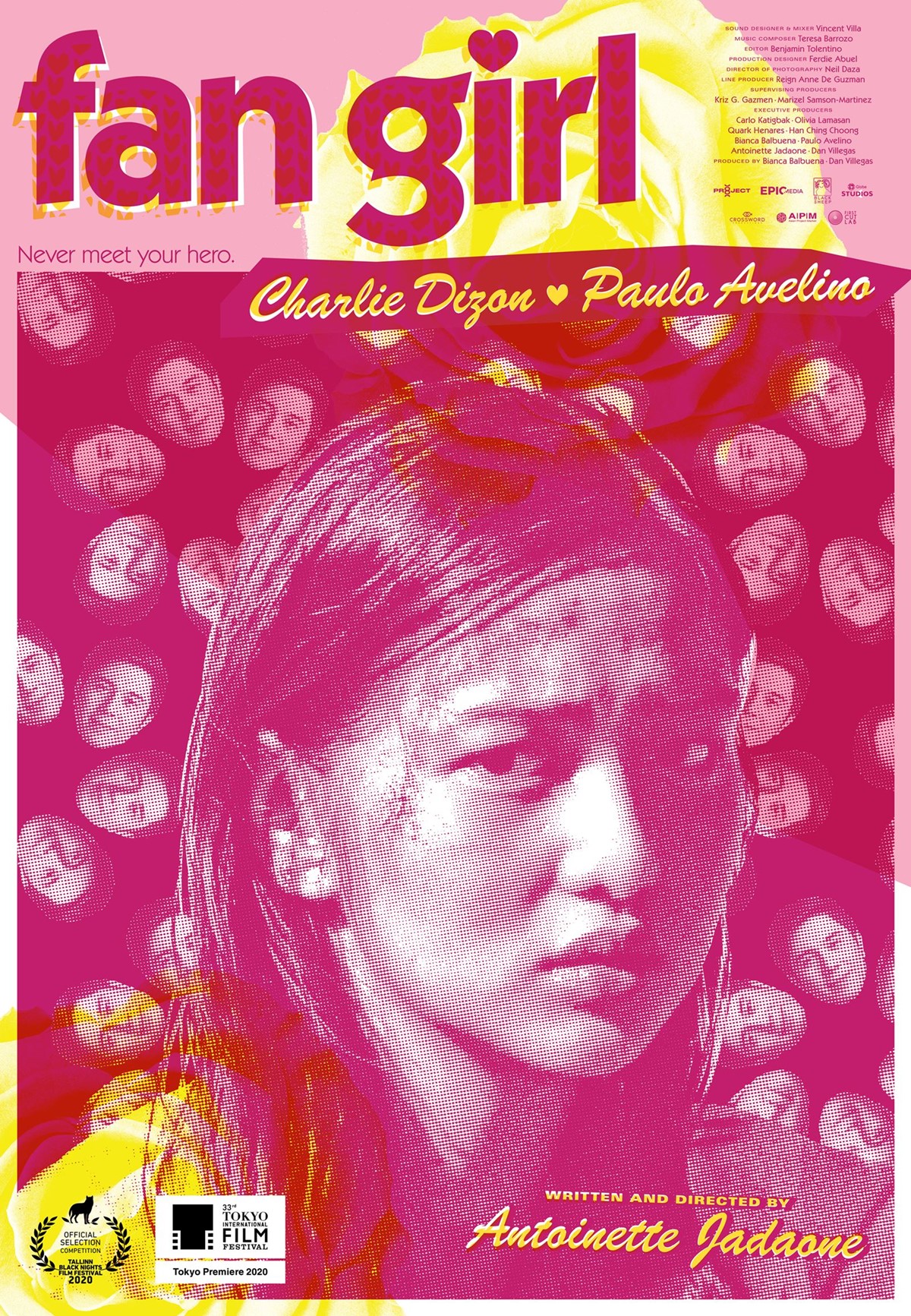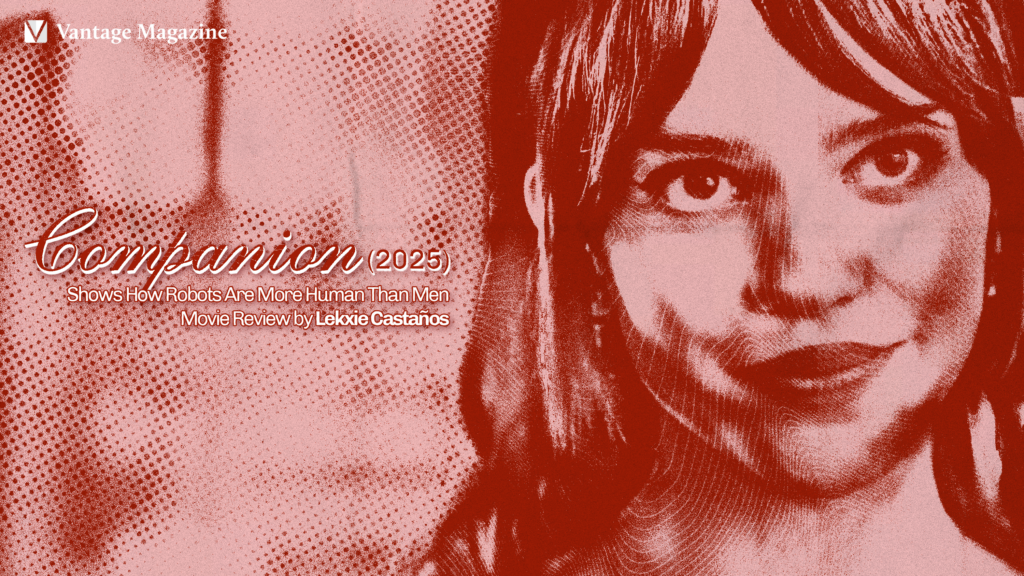Trigger warning: This piece contains mentions of sexual assault.
Antoinette Jadaone’s Fan Girl swept this year’s Metro Manila Film Festival (MMFF) Gabi ng Parangal for a good reason. At first glance, the trailers seem to promise a budding romance between a teenage fan and a celebrity, but the film cleverly and carefully debunks this theme throughout its storytelling. Jadaone accomplishes many things in Fan Girl’s considerably short run time, telling a riveting story depicting a predatory relationship.
Fan Girl follows Jane (Charlie Dizon) as she slowly uncovers the ugly truth about her handsome idol Paulo Avelino, or at least a darker version of him. The movie ruins your perception of the conventionally attractive Avelino in the first act; his clean image is marred by vices and extensive swearing, among other things. However, Jane purposely ignores these red flags due to her obsession with the actor.
This dynamic sadly mirrored how most sexual harassment cases take place, particularly in the academe. More than a commentray on celebrity worship, the film tackles themes of violence against women, from sexual misconduct to physical abuse. Viewers must be cautioned against such sensitive themes but such actions reveal a harsh reality. Fan Girl’s depiction of these cases makes you uncomfortable—as it should. In large part, Fan Girl achieved such an impactful narrative due to the effort on every level: From casting to the technical aspects of production design and cinematography.
The film highlights only two main characters, and both Avelino and Dizon gave a solid effort to drive the film. Avelino broke out from his mold for this one—stepping out of his typically heroic, clean-cut roles. Despite this, Dizon is undoubtedly the film’s star. While Avelino was a first-class jerk throughout the movie, Dizon delivered more layers to her character, unraveling them throughout Jane’s personal journey in Fan Girl. Jane went from being an innocent, starry-eyed teenager to a girl who has seen and experienced too much for her age. Dizon played all of these versions of Jane to a tee. Avelino and Dizon’s performance was helped by commendable writing by Jadaone.
The film’s storytelling is further enhanced by technical aspects as well. The choice of the main setting being a solitary, abandoned mansion is a smart production design choice, serving as a symbol of Avelino’s character: Pretty, but ultimately empty inside. Meanwhile, the cinematography utilizes dark tones to paint the reality of Jane’s situation, juxtaposing it to the bright lighting of her dream sequences. The film’s sound, an often neglected part of filmmaking, immerses the viewers completely as it enhances even the stillness of the setting to give you a sense of isolation. All of these elements combined put the focus solely on the two main characters.
Fan Girl’s strength lies in the subtlety, allowing these elements—combined with the actors’ performance—to tell you what you need to know.






